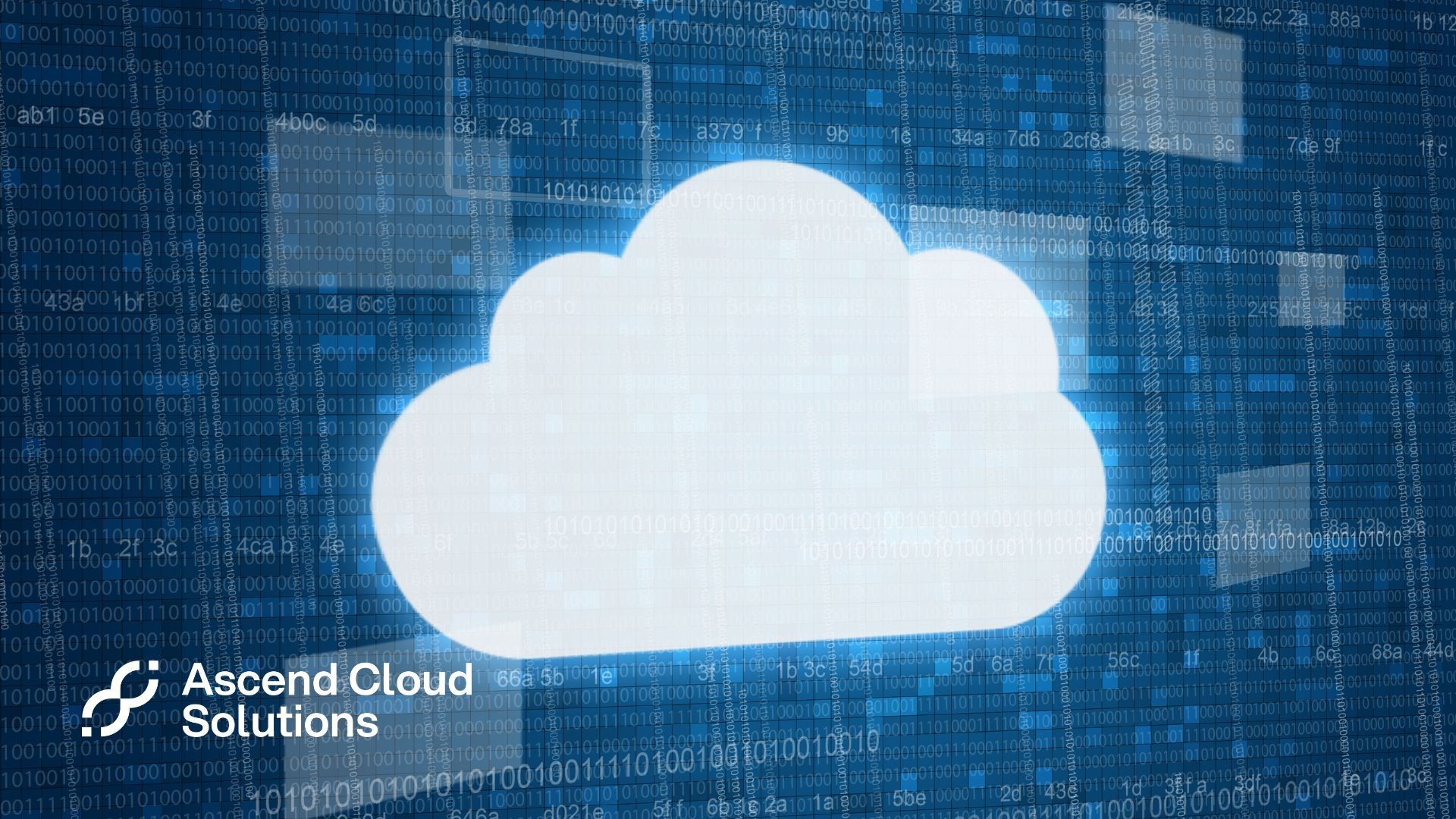Can you really predict cloud migration costs?
Too often, businesses migrate to the cloud and then receive a bill that's higher than they expected. Find out how you can avoid this in our blog post.

Here at Ascend Cloud Solutions, we believe that cloud migration unlocks opportunities for businesses of all shapes and sizes. It can make you leaner, more competitive and more agile.
But all too often, businesses migrate to the cloud with unrealistic expectations – not about the benefits of cloud-based solutions, but of just how much they'll cost.
It's such a common pain point that it has a name: cloud shock. This is the technological equivalent of booking a budget holiday to Malaga and then having to fork out €50 to get your bag on the plane.
We don't want any of our customers to experience cloud shock – or, to use its more general term, buyer's remorse. That's why we make sure to work closely with our partners pre-migration so they know that what they've bargained for is what they're going to get.
Overspending happens for all sorts of reasons. But the big one is a lack of planning.
We specialise in lift-and-shift migrations, which is where workloads are moved wholesale to the cloud. It has an attractive simplicity to it – but businesses sometimes act as though this means they don't have to do any planning.
This is the cloud equivalent of packing your boxes on the day you move house. It's only going to lead to more money being spent down the line.

Cloud migration is a big deal. It can transform the way you do business. So you need to treat it with the seriousness – and planning – it deserves.
That's why it can be so beneficial to work with cloud consultants like ourselves. We'll help you figure out your costs down to the decimal point – and we'll help you pen a migration plan of lapidary beauty and majestic detail.
So yes, you can predict your cloud costs
if
you work with the right people – people who'll ensure you avoid six common pitfalls.
Why do businesses end up overspending on cloud migration?
1. They take cloud cost calculators as gospel
Major public cloud providers like AWS and Google offer pricing calculators. These are far from useless – but they give you ballpark figures when you need detail.
And you need a level of detail that is, to put it bluntly,
boring
. The kind of detail that cloud experts like us love but you could do without.
That's why your best bet is to work with a cloud migration partner that will give your infrastructure and workloads a thorough inspection before you make the move.
2. They don't factor in downtime
It's not just the migration itself that can snowball in cost through shoddy planning. Your budget can also suffer thanks to the loss of productivity caused by downtime.
A cloud migration needs to fit in with your deadlines and commitments. Otherwise, it's like getting the painter and decorator in while you're trying to host a birthday party – someone's going to drop a glass.

A cloud migration partner will work alongside you to plan a migration that will cause the absolute bare minimum of disruption. This could involve, for instance, moving your workloads in manageable waves.
That way you won't be frittering away money through lost work hours.
3. They don't plan enough
Proverbially, "you can't manage what you can't measure" – and while it's not always true, in this case, it's spot on.
Like moving house, cloud migration creates opportunities for a spot of spring cleaning. Even if you're signing up for a lift-and-shift migration – our speciality – you still want to assess your workloads and make sure you're not taking any dead wood with you.
Duplicate files, dead apps, zombie data – these all need clearing out so you're not paying more than you need.
4. They decide against lift-and-shift
There's more than one way to peel a potato – but in our book, lift-and-shift is the best approach. It gets you where you want to be quickly and efficiently. And once there, you've got plenty of time to optimise.
Refactoring, by contrast, involves making significant changes to workloads. It's complicated, time-consuming, and above all, expensive.
5. They don't plan for post-migration
OK, so you've migrated to the cloud. Congratulations! Now what?
Once you've made the move, the job's not done. You need to regularly check in to make sure that everything's working. If you don't, you could be creating expensive problems for yourself.
It's the same principle as crisis management. If you check in regularly, you stop problems from snowballing. It's a simple way of managing affairs – but it takes a little bit more planning.
Again, this is an area where a cloud migration partner can make a big difference. They can help you plan for the post-migration days.
That way, you'll avoid unnecessary disruption and will have small problems to deal with, not mammoth ones that block your way into the office.
6. They work with the wrong people
They say that if you buy cheap, you buy twice – something that anyone who's bought a pair of budget headphones will attest to.
The same is true of cloud migration. However, the costs this can create down the line are far more serious.
We get why people do it. Cutting costs isn't about being miserly. It's about staying competitive and growing as a business. But in the case of cloud migration, cost-cutting is a recipe for disaster.
Whether you give the job to an inexperienced partner or to an internal team that doesn't have the cloud chops, you're facing the same direction – a lot of spending further down the line.
Conclusion
Big changes don't come cheap. Cloud migration is going to cost you – but the benefits it will bring to your business are indisputable.
When getting ready for the big move, guesstimates won't cut it. You need a partner who can dig into the figures and give you a clear idea of how much it's going to cost.
Ascend Cloud Solutions is a global provider of
managed cloud migration services
. Are you looking for a migration partner?
Get in touch
today for a no-obligation consultation.











